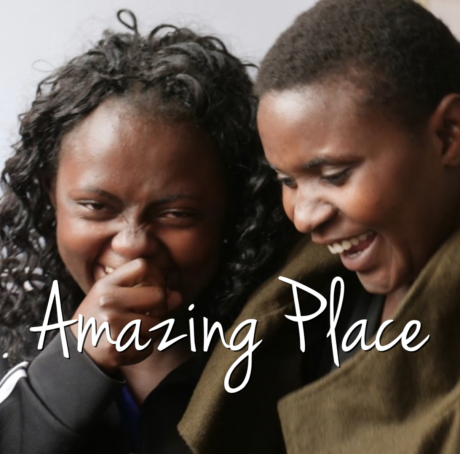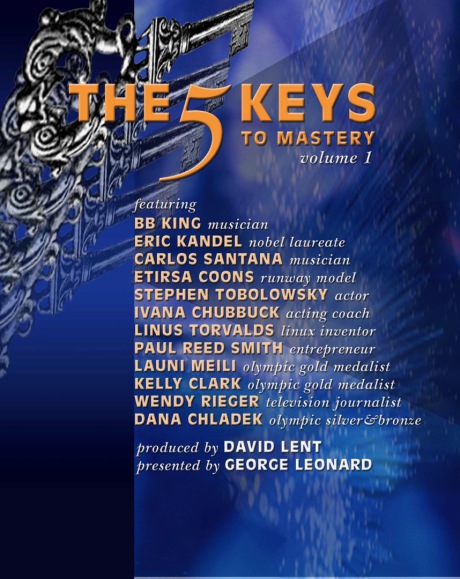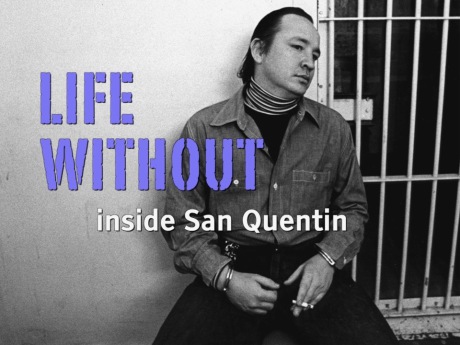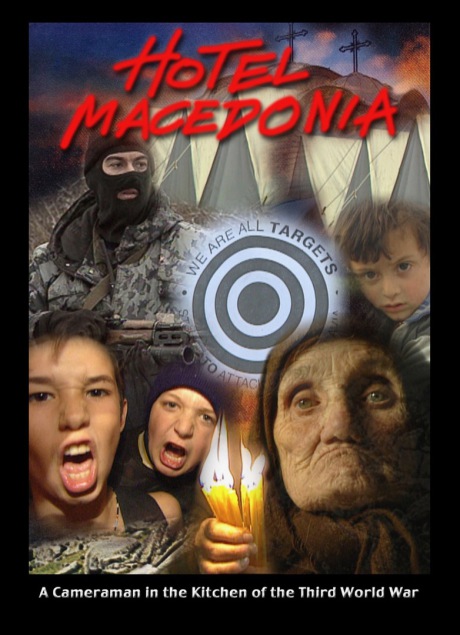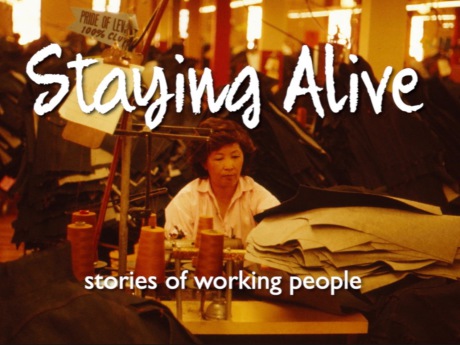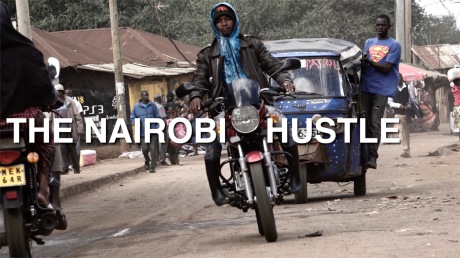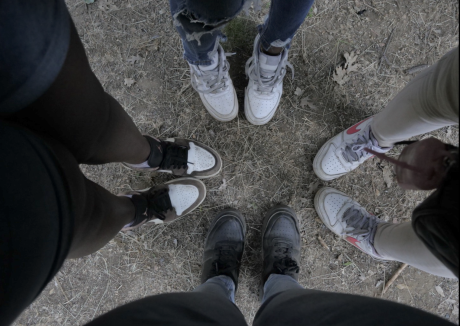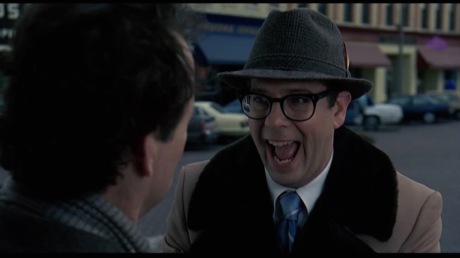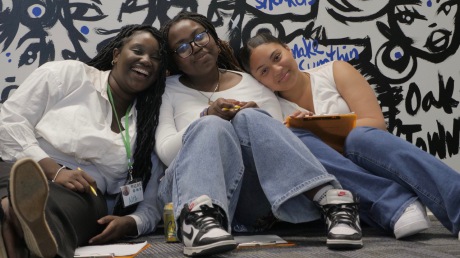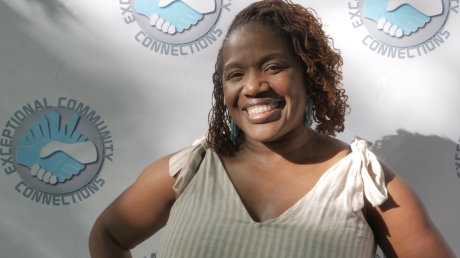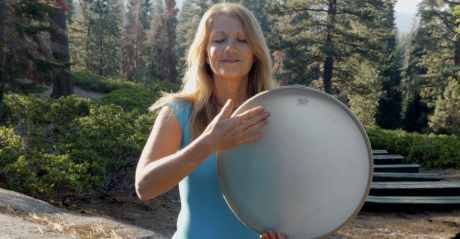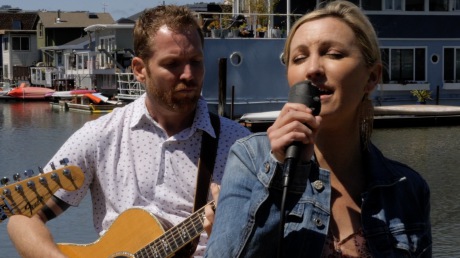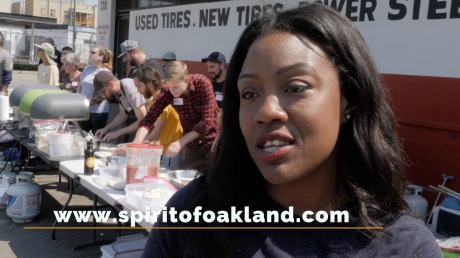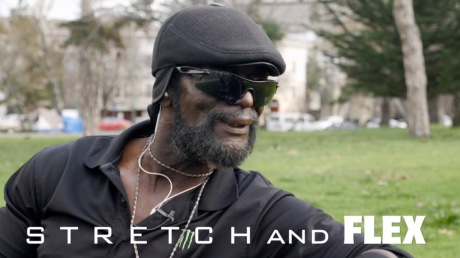DAVE'S DOCS
Baraka Center empowers women from Nairobi’s slums to claim space in a society that has long been indifferent to their existence.
In June 2019, my oldest friend, Grant Williams, and I traveled to Nairobi to capture this story on film. Our goal was simple: to introduce audiences to a remarkable group of women who are showing us what it means to set things right in the world.
The result is a 48-minute documentary that takes viewers deep into Nairobi’s slums, walking alongside the women who live there, and into Baraka Women’s Center — the Amazing Place where they uncover their gifts, choose their path, and unleash their power.
Over four decades behind the camera, I met people at the very top of their fields — in technology, business, education, science, sports, and the arts. No matter their discipline, I noticed a striking truth: people who become really good at what they do follow the same principles. The only thing that changes is the vocabulary.
In the early 1990s, I came across an Esquire article by author and Aikido instructor George Leonard. He argued that elite athletes all share exactly five traits. That idea lit me up. Could those same traits apply to peak performers everywhere — not just in sports, but across every field of human achievement?
To find out, my partner Susan and I traveled across the United States, interviewing leaders from sixteen different disciplines. The result was the PBS special The 5 Keys to Mastery — a film that proved Leonard right, and revealed that lifelong success is less about complexity than about the radical simplicity of living by a few timeless principles.
Viewer comments:
"...showed me perspectives I hadn't considered and brings mastery to every facet of life, learning, and ways of being. It reminds me of why I became a coach in the first place."
Donna Karlin, leadership coach, Ottawa, Ontario
"The movie was a great find. After watching it half a dozen times, I just let it keep playing to listen to the soundtrack. It came along at a critical juncture in my life and helped me considerably." Frank Giovinazzi, Alexandria, VA
“We tend to think that time spent toiling away in one place is wasted when, in fact, we are learning! The 5 Keys DVD was the best gift that I got this year. It all makes sense to me now.” Karra Duncan, filmmaker, NYC
“I showed the film to my students, and they were electrified. I didn't sleep either Saturday night or Tuesday night, so I now know to view it during the day. The 5 Keys is a life-affirming and life-changing creation.” Bob Doenges, martial arts instructor, Tulsa, OK
"Powerful and uplifting, transmitting the energy of self-actualization. It inspires the recognition that we all have an extraordinary potential and purpose, which can be fulfilled if we’re willing to pay the price—through surrender, diligence, guidance, vision, and risk."
Jessica Roemischer, composer, Berkshire Hills, MA
"One of the best things I've found on YouTube." Vijay Rana, photographer, New Delhi, India
"I was blown away by your film." Dustin Hoffman, actor, NY, NY
"After seeing the film, I was depressed and moved. My perceptions of San Quentin and other prisons will never be the same - I was there." John Harrison, San Francisco, CA
"A bleak look at the conditions and inmates of San Quentin Prison. Since the first step toward change is awareness, take that first vital step and watch." The Hollywood Reporter
No "Welcome" signs greet the 300,000 Kosovar refugees who poured across the Macedonian border in April 1999. But "NATO GO HOME" graffiti is everywhere. Equally unwelcome: the army of western media, including me. Our hosts are feeling tribal, resentful, and edgy. Their economy nosedives while ethnic tensions approach break point. I could be safely home in 24 hours; Macedonians enjoy no such luxury. I’m scared but, oddly, more concerned for them than for myself. I decide to tell the story of my stay at the "Hotel Macedonia." Throughout the cold war, Soviet domination depleted this tiny Balkan country. Personal and collective identity, rooted in religion, ethnicity, and nation, helped people cope. After the breakup of Yugoslavia in 1991, sudden independence, without support from the West, condemned this fledgling republic to chronically empty pockets. HOTEL MACEDONIA takes the viewer inside the conflict ravaging the Balkans, and strives for fresh insight into similar hotspots from Sudan and the Middle East to the inner cities of America. This 66-minute non-fiction movie also chronicles the transformation of a cameraman from video soldier-of-fortune to producer-on-a-mission: to help convert the dog-eared recipe for war into a workable formula for prosperity—before the kitchen gets too hot for anyone but the insane.
Based on the book WORKING by Studs Terkel, STAYING ALIVE was a one hour pilot for a 13 episode series exploring the human spirit at work in America. Describing his book, Terkel wrote: "It's about a search for daily meaning as well as daily bread, for recognition as well as cash, for a sort of life rather than a Monday through Friday sort of dying. To be remembered was the wish, spoken and unspoken, of the heroes and heroines of this book."
Produced in 1980 by Susan Burgess-Lent and Dave Lent, STAYING ALIVE tells the stories of four remarkable people: Linda Herztein, a SF Muni bus driver; Willie Braun, a BBQ chef and police officer; Bob Sarlatte, a standup comic; and Chong Maxion, a Levis sewing operator. STAYING ALIVE reflects the pain and joy, complexity and simplicity, boredom and excitement, belonging and alienation - everything that touches the common piece of American ground we call The Job.
DAVE'S MINIDOCS


